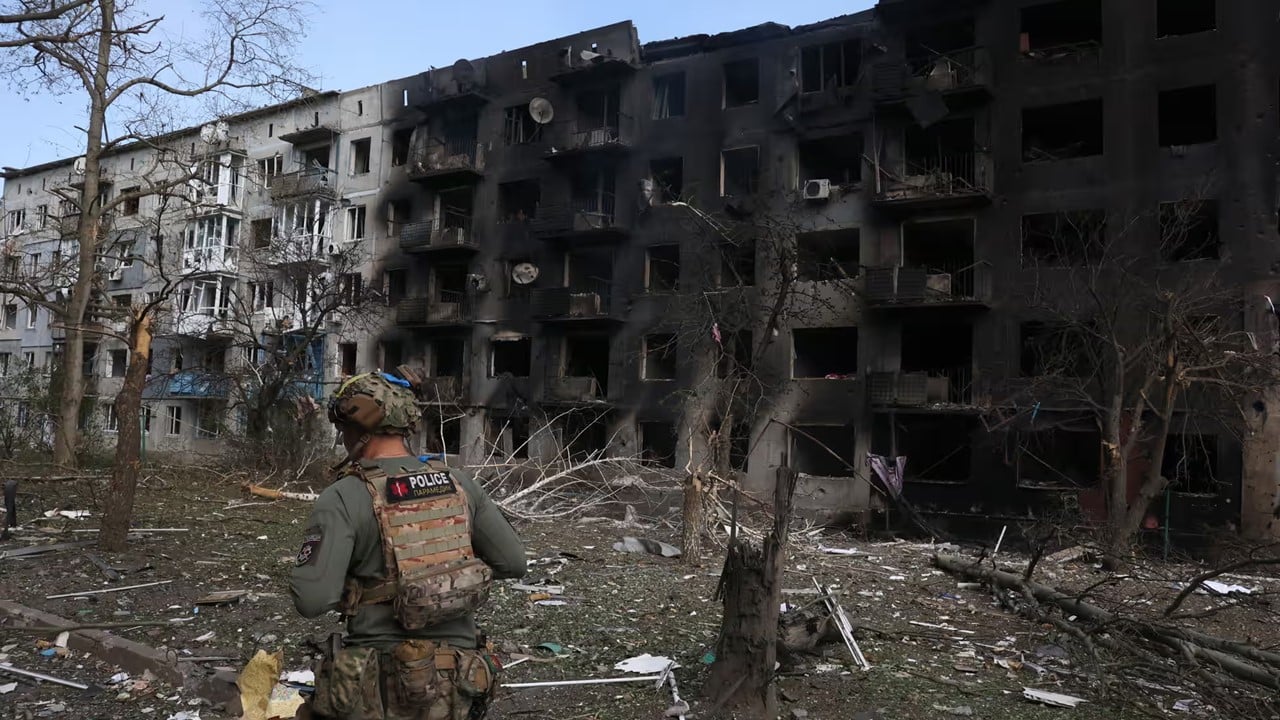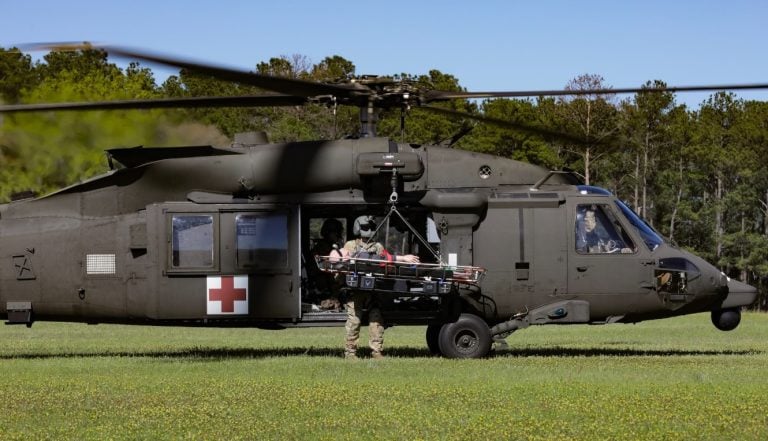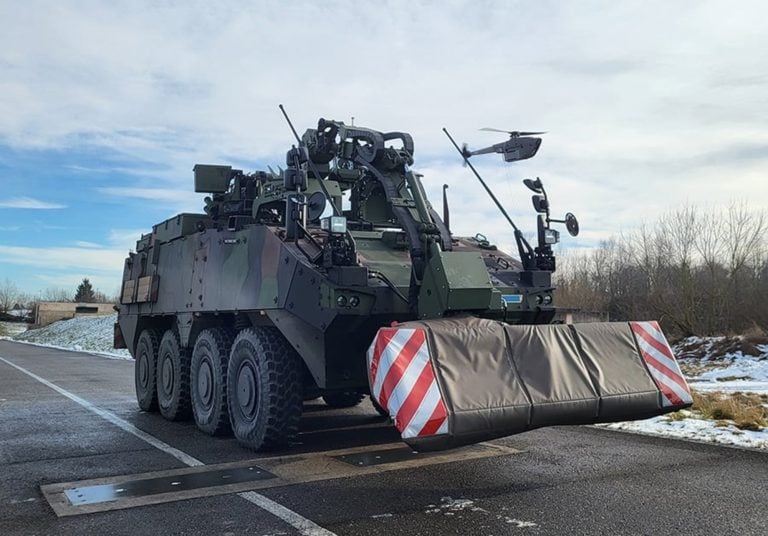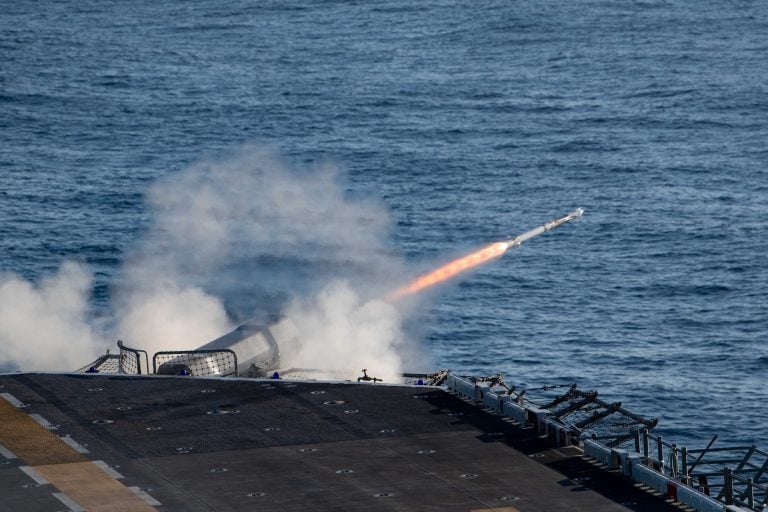In a significant diplomatic development, Ukraine has shut down its embassy in Havana, driven by escalating tensions between the two nations. The action stems from Cuba’s inability to prevent the recruitment of its citizens to fight alongside Russia in the ongoing conflict in Ukraine.
The decision follows Ukraine’s recent vote against a United Nations General Assembly resolution aimed at ending the long-standing US embargo on Cuba. This contrast underscores a growing rift, particularly in light of Ukraine’s accusations regarding Cuba’s role in the recruitment of combatants.
Ukrainian Foreign Minister Andrii Sybiha specifically pointed out that thousands of Cubans have reportedly signed contracts to join Russian forces engaged in combat within Ukrainian territory. He emphasized that Havana’s failure to halt this recruitment constitutes complicity in what he termed “aggression” and called for this stance to be condemned forcefully.
Recent intelligence from Ukraine’s military noted that at least 1,076 Cuban nationals have either joined or are actively participating in combat with Russian troops in Ukraine, with a tragic toll of 96 individuals currently missing and presumed dead. Reports indicate that many of these recruits were enticed by misleading job offers for construction work, with unlicensed brokers facilitating their travel and Russian diplomatic missions providing necessary visas.
Since Russia’s invasion of Ukraine in 2022, evidence of foreign fighters joining Moscow’s ranks has become increasingly apparent. The situation has drawn warnings from international governments; for instance, Kenya’s foreign ministry alerted its citizenry about fraudulent agents masquerading as recruiters for Russian forces, disseminating false information to lure individuals into conflict zones.
In addition to the recruitment of Cuban nationals, intelligence assessments from South Korea and Western agencies suggest that North Korea sent over 10,000 troops to Russia last year, particularly targeting the Kursk region. Alarmingly, estimates indicate that as many as 2,000 of these soldiers have fallen in battle.
Ukrainian military officials have also cited the involvement of approximately 20,000 North Korean workers in Russia’s defense manufacturing, specifically in the assembly of combat drones. Furthermore, Kyiv’s reports have identified about 1,338 Belarusian nationals fled the conflict, with around a quarter of them reported deceased.
Similar recruitment patterns have been noted in citizens from various countries, including Togo, the Democratic Republic of Congo, Cameroon, and Benin, contributing to the troubling dynamics of this international conflict.







